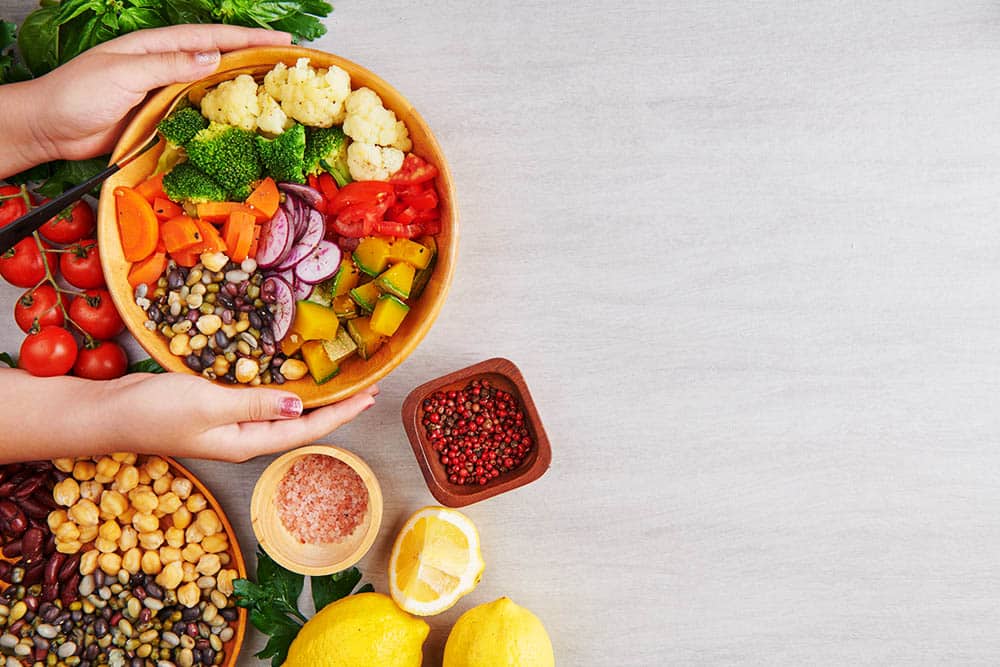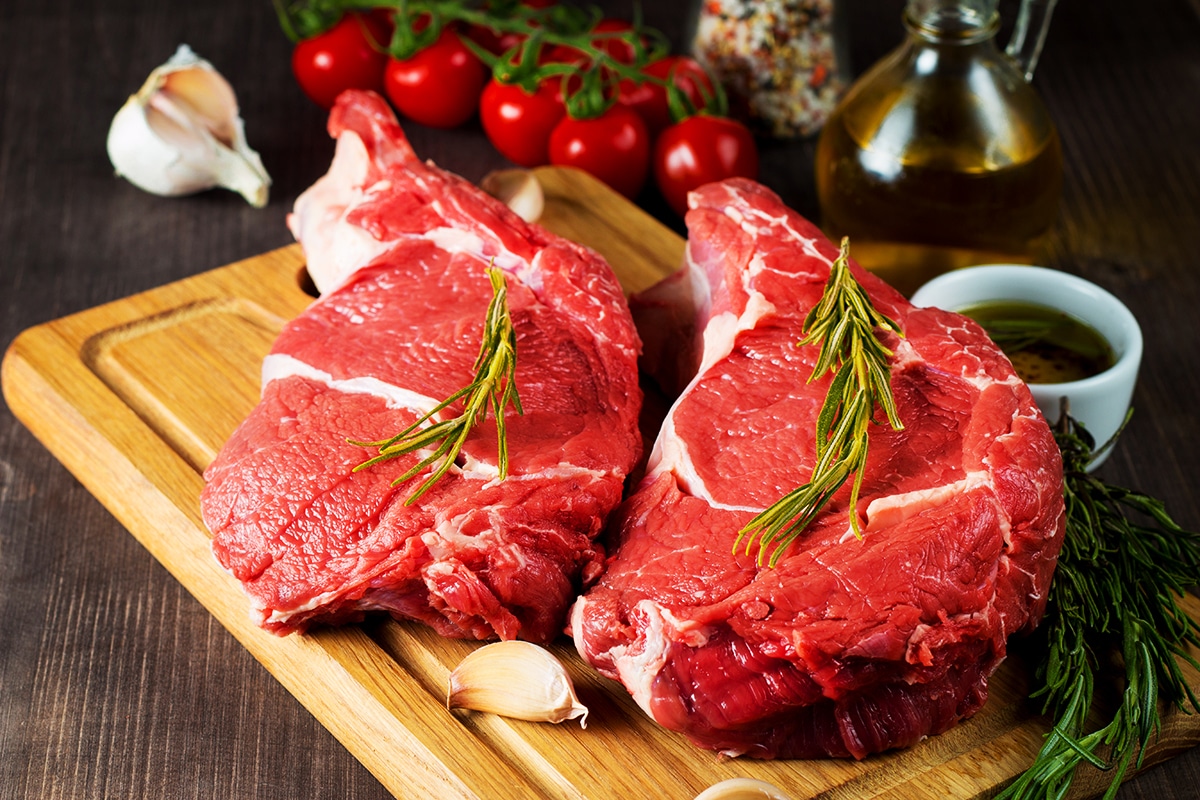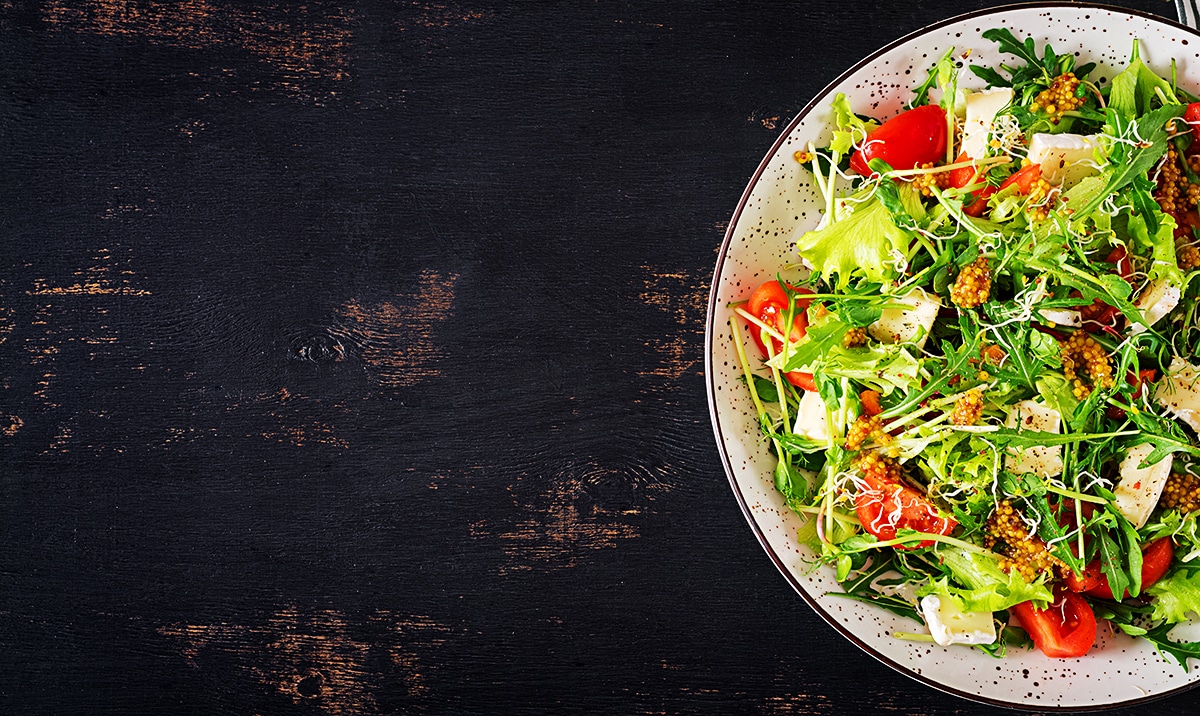Fiber is an essential nutrient that plays a vital role in promoting overall health and well-being. Not only does it keep you feeling full and satisfied longer, but also helps reduce the risk of chronic diseases such as heart disease, diabetes, and certain types of cancer. Despite its many benefits, however, most people fall short when it comes to consuming enough fiber in their diet. In this article, we’ll explore the importance of fiber and some delicious and nutritious foods that can help you get the recommended daily intake.
Why is fiber important?
Fiber is the indigestible part of plant food that passes through the digestive system relatively intact. As it passes through the intestines, it adds bulk to stool, which helps promote regular bowel movements and prevent constipation. Fiber also acts as a prebiotic, providing the ideal conditions for healthy gut bacteria to thrive. Additionally, it slows down the absorption of sugar in the bloodstream, which helps maintain steady blood sugar levels and reduces the risk of type 2 diabetes.
It has also been proven to lower the risk of heart disease by reducing LDL or «bad» cholesterol levels, which can clog arteries and increase the risk of heart attacks and strokes. Furthermore, fiber-rich foods are low in calories and fat, making it an excellent addition to any weight-loss diet.
How much fiber do you need?
The recommended daily intake for fiber varies by age and sex. For adults, the recommended daily intake is between 25 and 30 grams for women and between 30 and 38 grams for men. Unfortunately, most people consume less than half of the recommended intake, which can lead to health problems in the long run.
If you’re not getting enough fiber in your diet, it’s best to gradually increase your intake. A sudden increase in fiber can cause digestive discomfort, such as bloating and gas. Start by adding an extra serving of fruits or vegetables to each meal, or swap out refined grains for whole grains. As your body gets used to the increased fiber intake, gradually increase your daily intake until you reach the recommended amount.
What are the best sources of fiber?
There are two types of fiber: soluble and insoluble. Soluble fiber dissolves in water and forms a gel-like substance that helps regulate blood sugar and lower cholesterol levels. Insoluble fiber does not dissolve in water and adds bulk to stool, promoting regular bowel movements. Eating a variety of fiber-rich foods will ensure that you’re getting both types of fiber.
Here are some of the best sources of fiber that you should incorporate into your diet:
Fruits and vegetables:
These are some of the best sources of fiber, with many fruits and vegetables containing around 1-3 grams of fiber per serving. Berries, apples, pears, oranges, broccoli, carrots, and sweet potatoes are all high in fiber.
Whole grains:
Choose whole-grain bread, pasta, and rice over refined grains to get more fiber. One slice of whole-grain bread contains around 2-3 grams of fiber, while a cup of brown rice contains around 4 grams.
Legumes:
Beans, chickpeas, lentils, and peas are all excellent sources of both soluble and insoluble fiber. A cup of cooked black beans contains around 15 grams of fiber.
Nuts and seeds:
Almonds, chia seeds, and flaxseeds are all high in fiber and can easily be added to smoothies, oatmeal, or yogurt.
Tips for increasing your fiber intake
If you’re looking to increase your fiber intake, here are some tips to help make it easier:
Cook with whole grains:
Swap out refined grains for whole grains in your favorite recipes. Use brown rice instead of white, whole-wheat pasta instead of regular pasta, and whole-grain bread instead of white bread.
Add fruits and vegetables to meals:
Add extra veggies to soups, stews, and stir-fries, and choose fruit for dessert instead of high-sugar options.
Snack on nuts and seeds:
Keep almonds, cashews, and pumpkin seeds on-hand for a quick, fiber-rich snack.
Add legumes to meals:
Add chickpeas to salads or soups, and use black beans in your favorite Mexican dishes.
The Bottom Line
Fiber is an essential nutrient that plays a vital role in promoting overall health and wellbeing. By incorporating more fiber-rich foods into your diet, you can reduce the risk of chronic diseases, maintain a healthy weight, and improve overall digestion. Aim for at least 25-30 grams of fiber per day, and start slowly if you’re not used to consuming a lot of fiber. With a little effort, you can easily increase your fiber intake and reap the many benefits it has to offer.




